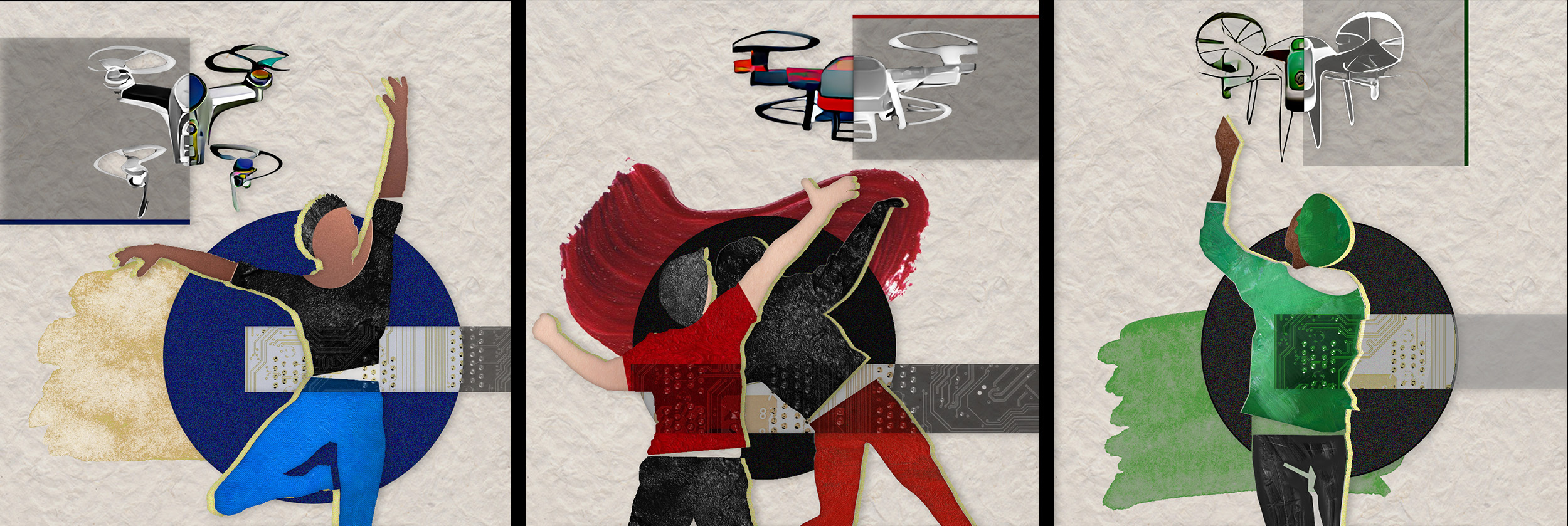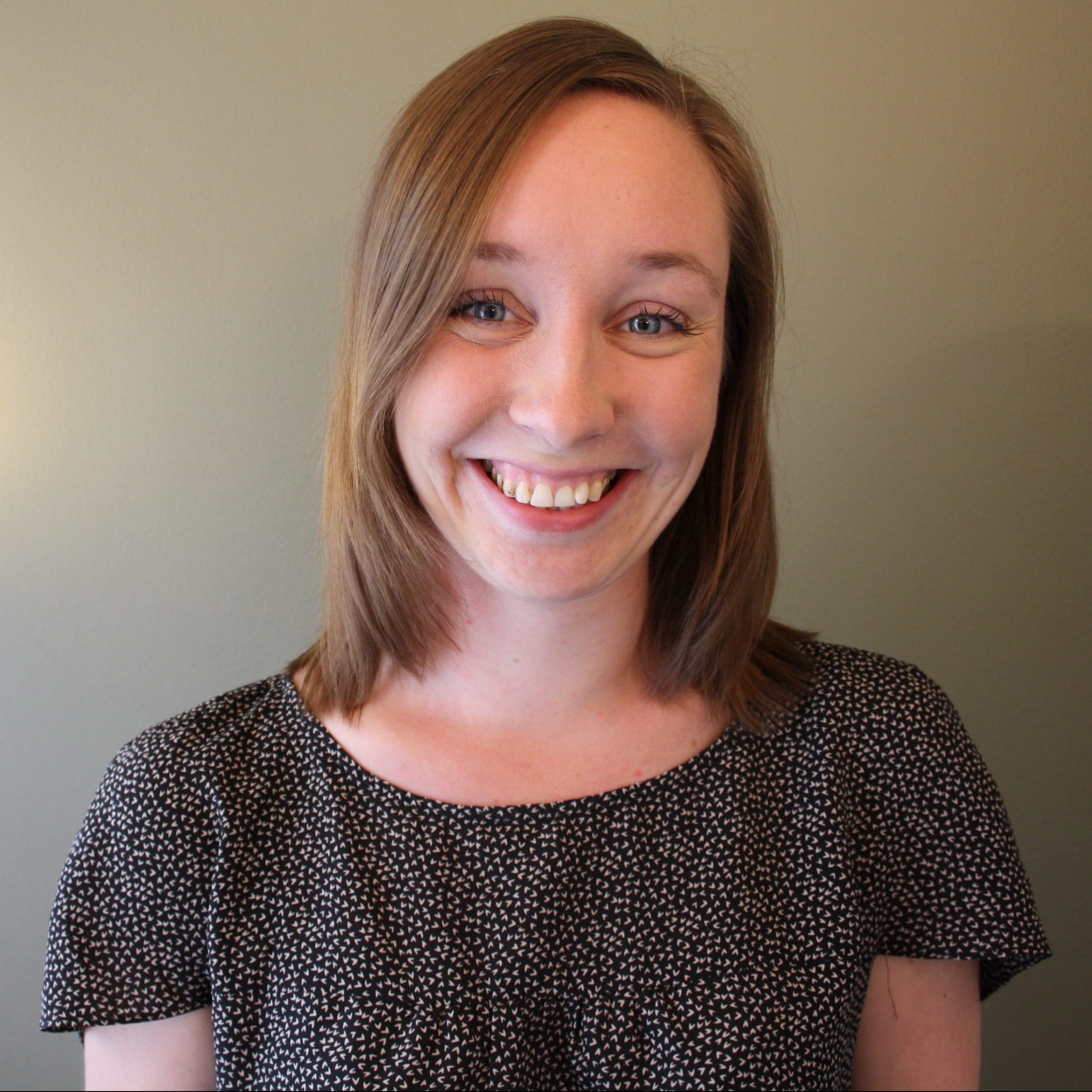< Projects

Ethics as Enacted Through Movement – Shaping and Being Shaped by Autonomous Systems
Drones are constantly assigned to more and new areas of use. These include surveillance and rescue services as well as artistic domains, such as dance and stage art. A common feature of all these applications is the assumption of an interaction between human and drone. Drones can fly higher, move further, and go to places that the human is unable to reach. When humans interact and cooperate with drones and other autonomous systems, they both shape the machines and become shaped by them, for instance through changing their ways of moving and gesturing to make the interaction work. Depending on how a drone is designed, it will encourage certain movements, experiences, and social expressions, while discouraging others through not being able to respond to them.
In this project with researchers from KTH and Stockholm University we investigate the felt and affective dimension of ethics in design practice and technology production. Our approach to understanding and designing autonomous systems, such as robots and drones, is informed by felt ethics, an approach developed and articulated within the scope of this project. Felt ethics is an approach to cultivating ethical sensibility in design through (i) a processual cultivation through analytical, pragmatic, and practical engagement, (ii) an ongoing critical attentiveness to the limits of our own bodies and lived experiences, and (iii) the rendering visible of our ethical practices as a matter of care.
In our interaction design oriented work, we engage with autonomous technologies through creative design work and somatic practices, such as appropriating industrial robots through dance practice, crafting machine-like systems that foster aesthetic exploration, or creating ecosystems of drones to investigate collective human-technology relations. We draw upon felt ethics to deconstruct such interactions somatically, analytically, and critically, thereby revealing the ethics implicit in their design. By doing so, we can reimagine the aesthetics, ethics, and politics of such technologies as a collective project entailing somatic freedoms: a processual cultivation of human-technology relations.
These projects form part of a wider push towards reconsidering the creative potential of new technologies and the generative ethical potential they play in our lifeworld. Ultimately, felt ethics reimagines the role of ethics in design epistemology and how design practices can produce alternative ethical futures with autonomous and intelligent technologies. In our more sociologically oriented line of research, we focus on the felt and affective dimensions of ethics, as situated in the process of technology production. We focus on the experience of technology practitioners, such as the vulnerability required to probe ethical boundaries in design processes.
Another research question we explore is how technology practitioners feel about moral responsibility in their work? We are especially interested in the experience of discomfort, which can be related, for example, to situations of uneven power relationships or a mismatch between a perceived responsibility for an issue and institutional power to act upon it. Methodologically, this research draws on a combination of techniques from ethnography, ethnomethodological video-analysis, interviews, and body-based design workshops. Beyond these core lines of research, we are engaged in organising drone challenges, events that allow participants to gain first-hand experience of drones and provide us a valuable opportunity to understand and explore the unfolding relationships between humans and drones beyond our own design practice.
Start: 1 January 2020
End: 31 August 2025
Marianne and Marcus Wallenberg Foundation
Human-Computer Interaction/Interaction Design
Social Sciences
Engineering and Technology
Universities and institutes
KTH Royal Institute of Technology
Stockholm University
Project members

Kristina Höök
Professor
KTH Royal Institute of Technology

Airi Lampinen
Associate Professor
Stockholm University

Kristina Popova
PhD student
KTH Royal Institute of Technology

Rachael Garrett
PhD student
KTH Royal Institute of Technology

